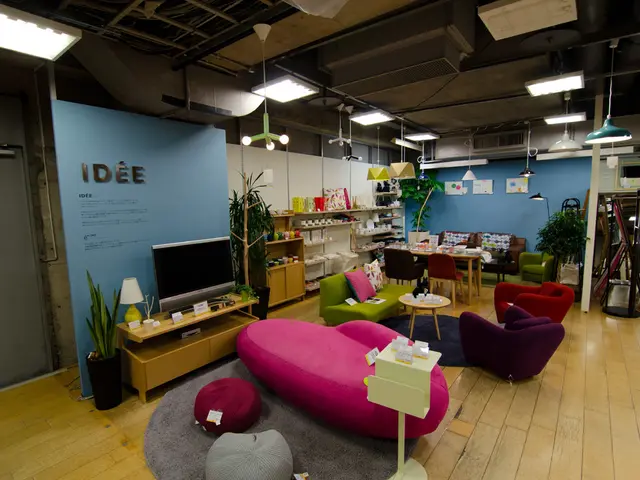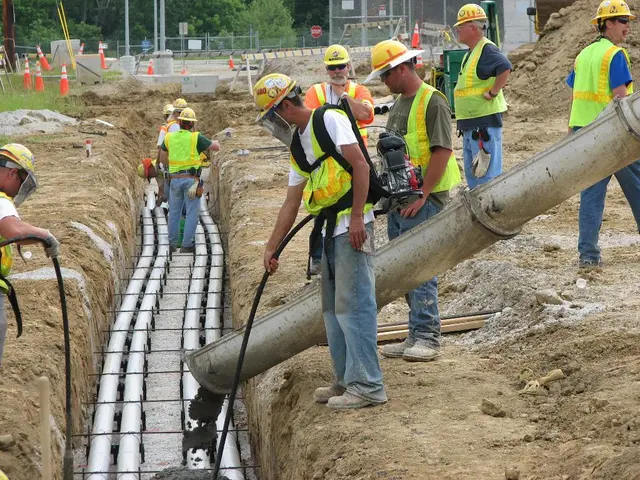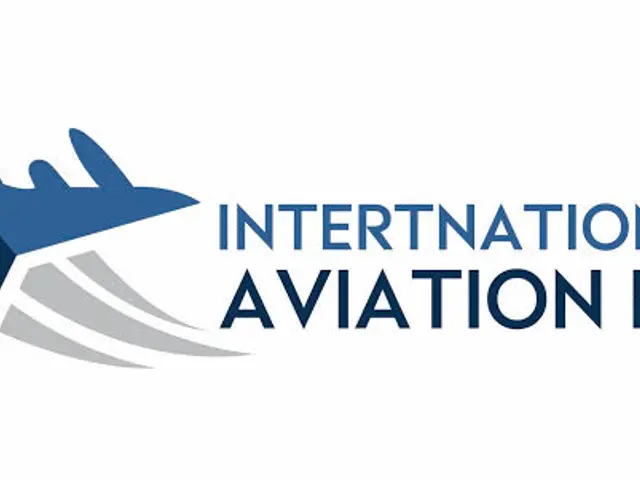AFIA Publishes Updated Energy Management Guide for Feed Mill Operators
The American Feed Industry Association (AFIA) has published an updated 'Energy Management Guidance Document'. This comprehensive six-chapter guide aims to help feed mill operators enhance energy efficiency, environmental sustainability, and regulatory compliance.
The document offers energy audits specific to natural gas consumption, boiler operating temperatures, peak demand usage, and more. It also provides details on calculating electric bills and reducing electricity usage in feed facilities.
Authored by the AFIA, the guide covers state regulations, organization and development of an energy management program, feed industry audits, calculating energy cost, and energy conservation methods. It includes guidelines for proper boiler maintenance, especially for facilities pelleting feed or flaking grains.
AFIA vice president Keith Epperson emphasizes the importance of measuring and improving operational aspects for performance enhancement. The document helps facilities develop benchmarks and offers improvement suggestions based on operational findings. The goal is for feed mill operators to welcome the document into their facilities to assist the industry in conserving resources, preserving the environment, and reducing energy management costs.
The updated 'Energy Management Guidance Document' by the American Feed Industry Association is a comprehensive tool for feed mill operators. It provides practical guidance on energy audits, calculations, and conservation methods, aiming to improve energy efficiency and sustainability in the feed industry.
Read also:
- Hyundai's Planned Pickup Might Also Launch a Rough and Tumble Off-Road Sport Utility Vehicle
- Luxury car brand Audi set to contest in the elite premium vehicle market once more
- BMW's Brilliance Dadong Plant reaches a production milestone of 3.5 million vehicles, with the 5 Series model surpassing 2 million units.
- Renault, Nissan, and Mitsubishi alliance progressing with the launch of collaborative initiatives at the Ampere Douai Factory








